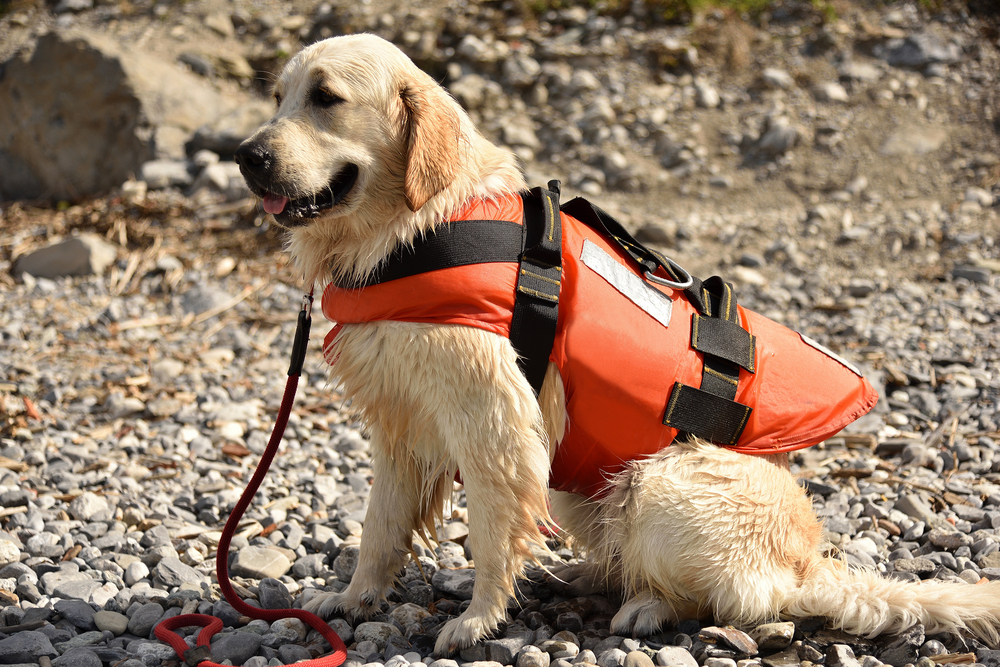Taking Care of Kittens – A Wonderfully Tough Responsibility
 It is safe to say that a lot of people love dogs, though some others are just not the dog-lover type. They may prefer to pet turtles, birds, hamsters or maybe even wild animals, while some others, just loves cats or kittens. Personal likes and dislikes differ, but there is one thing that’s certain: pets provide us with more than just companionship.
It is safe to say that a lot of people love dogs, though some others are just not the dog-lover type. They may prefer to pet turtles, birds, hamsters or maybe even wild animals, while some others, just loves cats or kittens. Personal likes and dislikes differ, but there is one thing that’s certain: pets provide us with more than just companionship.
Kittens have wild instincts. However, they make wonderful pets. They are versatile, affectionate, intelligent, sociable and independent. Taking care of kittens may sound easy, but it requires a lot of responsibility. This responsibility leads you to raise various questions about caring for kittens.
Cat-proofing your home
Kittens are playful animals. So, cat-proofing is essential. Make sure your home is safe for the kitten. Always keep the doors of your dryer, cabinets and low cupboards closed. Kittens love to sleep in dark, warm places. They also love to nibble, run around and just play with anything. Keep them away from breakable valuables and don’t leave things on the floor that might be hazardous to the kitten.
Milk, food, and drinks for kitty
Kittens generally have small stomachs. They need to eat every few hours, and they need to constantly have clean, fresh water available to keep them hydrated. A diet rich in protein, calcium, taurine, and other nutrients are good for cats. They may be fed with dry food, canned, or both, but don’t give them dog food since it it not rich in taurine, which is good for their eye development and helps prevent heart disease. Cow’s milk may be good for us but for kittens, it’s a no-no.
Quality time with kitty
The first few weeks of a kitten’s life should be treated as a very precious moment in your relationship. Cuddling, petting and playing with them is highly essential. Do not let your kitten play with your finger for it will only give her the idea of finger biting, scratching, and the like. Play with your kitten gently and enjoy her soft purrs!
Veterinary care
The first visit is important and critical because the vet will perform a hands-on physical exam on the kitten. Fecal float determines worm infestation. Kitten vaccination is crucial from the first few weeks of age. At about 9 weeks, the 3-way vaccine will be given. This is the modern method of giving a 3-in-1 shot against feline calicivirus, herpes virus and feline panleukopenia. Booster shots will be given at 12-14 weeks old. Rabies vaccine are only given when cats are at risk or in some areas required by law.
Caring for kitten may be tough, but the rewards are priceless. Companionship, constant love, acceptance, and reduces stress!

